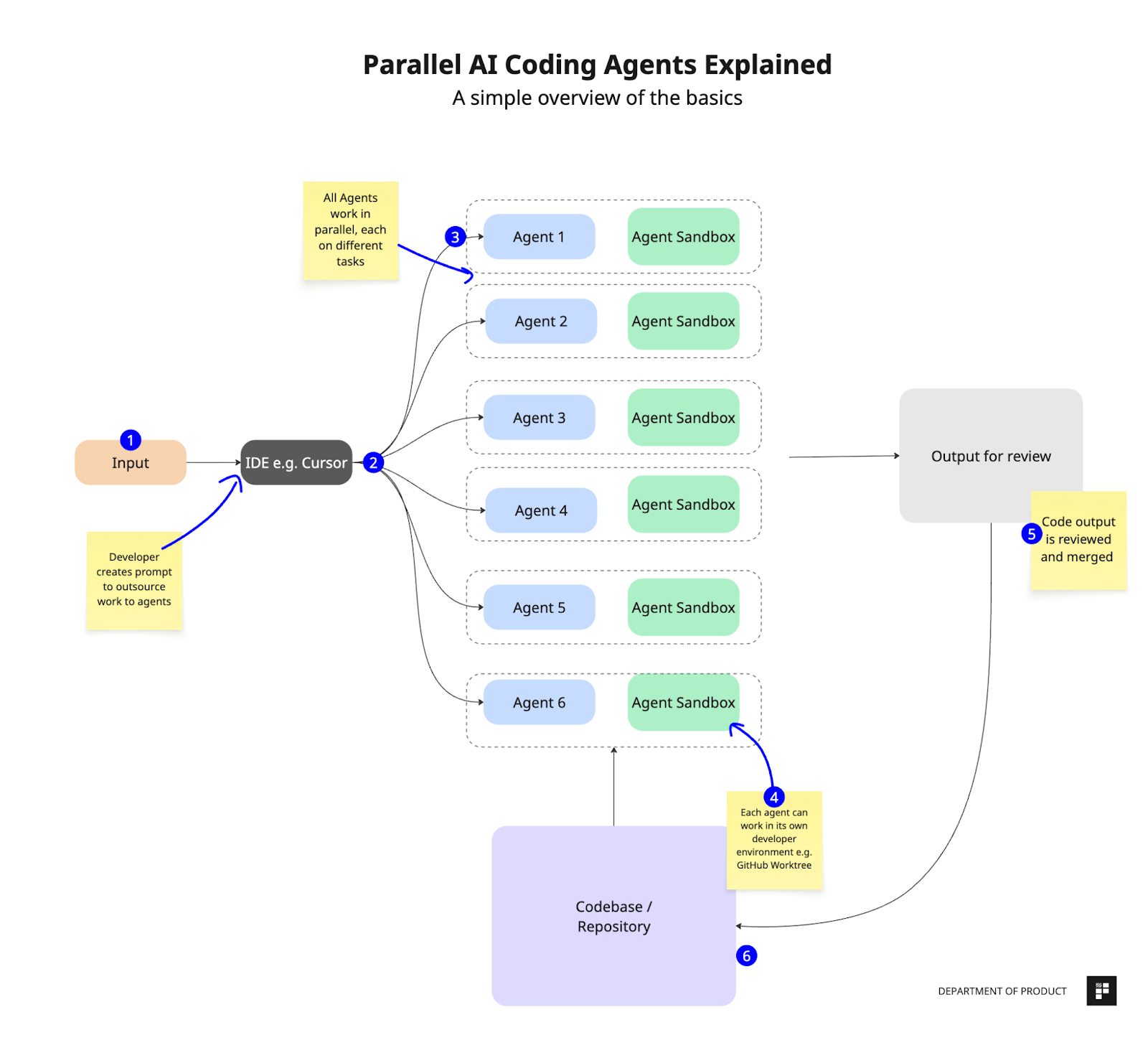What is Code Refactoring? Tools, Tips, and Best Practices
PositiveArtificial Intelligence

Code refactoring is an essential practice in software development that involves improving existing code without changing its functionality. It not only enhances code quality but also makes it easier to maintain and understand. This article highlights the importance of refactoring, especially during code reviews, where experienced developers guide less experienced ones to refine their work before it goes live. Embracing refactoring can lead to more elegant and efficient code, ultimately benefiting the entire development process.
— Curated by the World Pulse Now AI Editorial System




